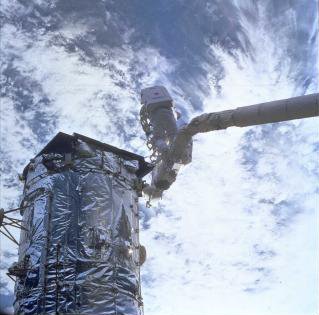
Named after the trailblazing astronomer Edwin P. Hubble (1889-1953), the Hubble Space Telescope (HST) is a large, space-based observatory which has revolutionized astronomy by providing unprecedented deep and clear views of the Universe, ranging from our own solar system to extremely remote fledgling galaxies forming not long after the Big Bang 13.7 billion years ago. Launched in 1990 and greatly extended in its scientific powers through new instrumentation installed during four servicing missions with the Space Shuttle, the Hubble, in its sixteen years of operations, has validated Lyman Spitzer Jr.'s (1914-1997) original concept of a diversely instrumented observatory orbiting far above the distorting effects of the Earth’s atmosphere and returning data of unique scientific value.
Hubble's coverage of light of different colors (its "spectral range") extends from the ultraviolet, through the visible (to which our eyes are sensitive), and into the near-infrared. Hubble's primary mirror is 2.4 meters (94.5 inches) in diameter. Hubble is not large by ground-based standards but it achieves heroically in space. Hubble orbits Earth every 97 minutes, 575 kilometers (360 miles) above the Earth's surface.
Hubble's coverage of light of different colors (its "spectral range") extends from the ultraviolet, through the visible (to which our eyes are sensitive), and into the near-infrared. Hubble's primary mirror is 2.4 meters (94.5 inches) in diameter. Hubble is not large by ground-based standards but it achieves heroically in space. Hubble orbits Earth every 97 minutes, 575 kilometers (360 miles) above the Earth's surface.
And here are some of the Hubble's most beautiful photos. Be sure to click on them for full size view and you can also save and use them as wallpapers.
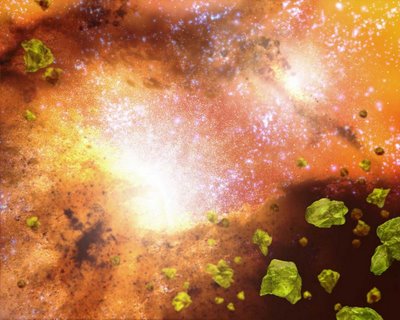 Deep space
Deep space 
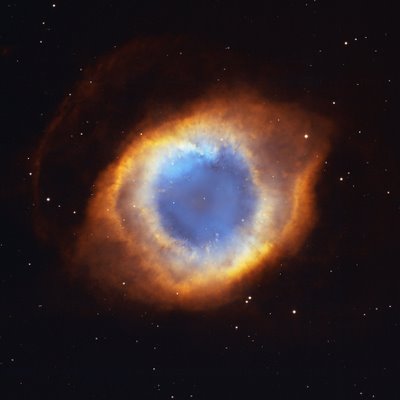
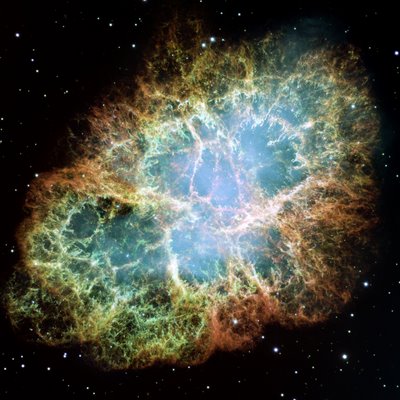
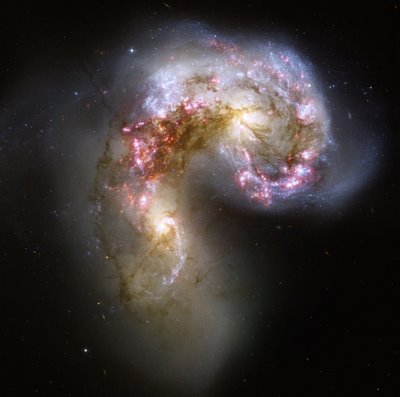
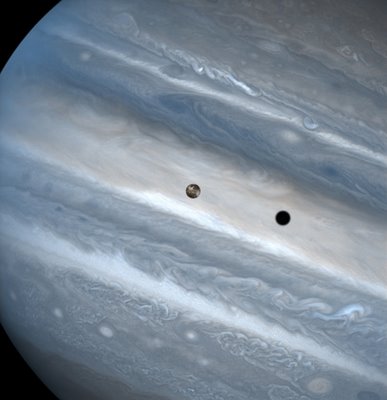

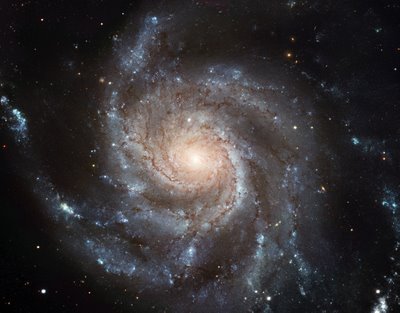
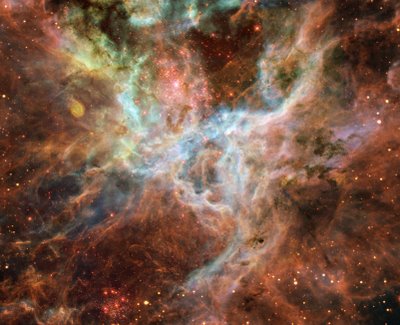
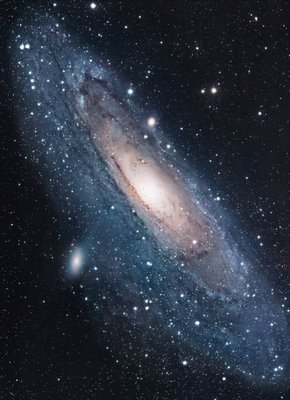
Yay first to leave a comment on the prettyful pictures
ReplyDeleteThat's Amazing. it's so beautiful out there. just makes you wonder if theres more living out in those galaxies.
ReplyDelete